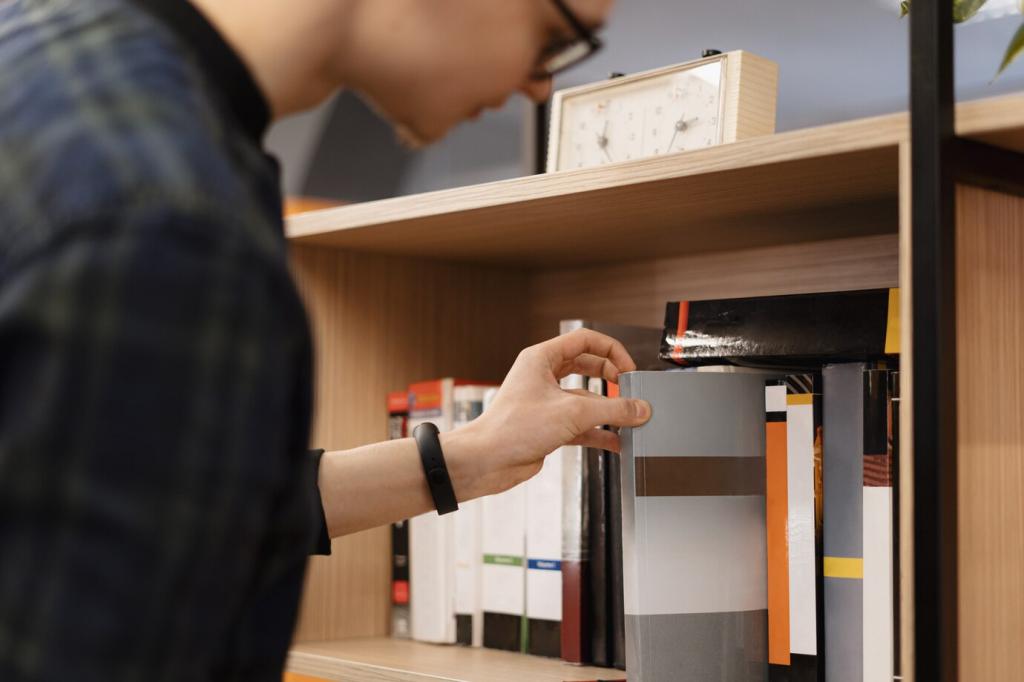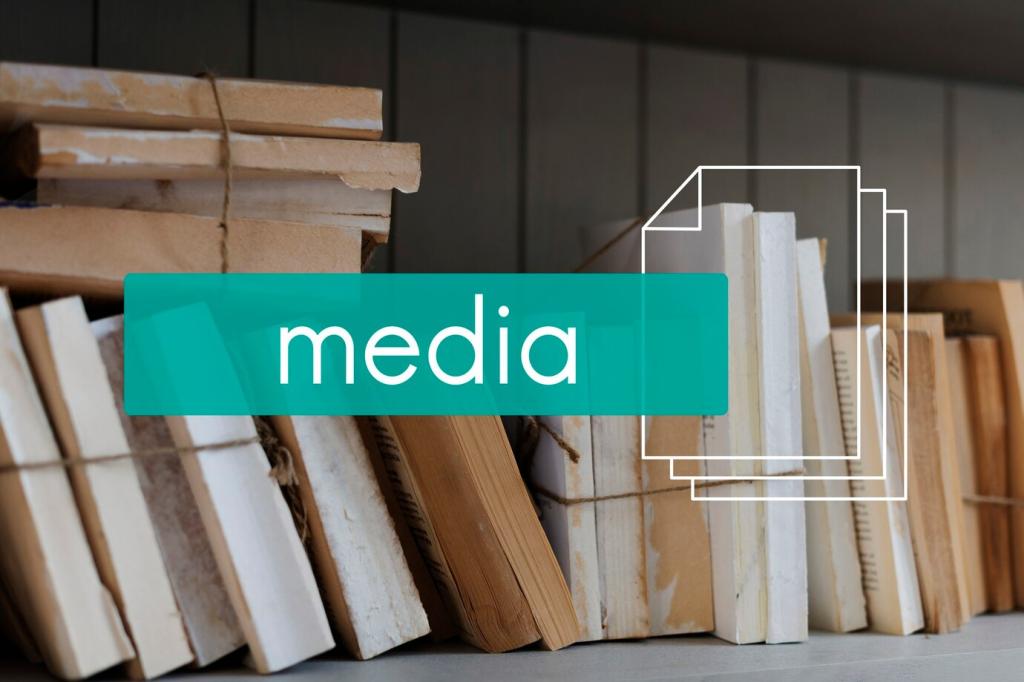Beyond Text: The Multimodal Encyclopedia
Epidemiological timelines overlay policy shifts and mobility patterns; maps reveal environmental gradients. A historic cholera map becomes a learning lab with modern data layers. Suggest a topic where an interactive layer could transform comprehension and make hidden relationships immediately clear.
Beyond Text: The Multimodal Encyclopedia
Interviews with scientists, elders, and artists ship with high-quality transcripts, timestamps, and open licenses for learning tools. Students can quote accurately, visualize segments, or compare perspectives. Submit a story we should record and a question you want future listeners to ask.







